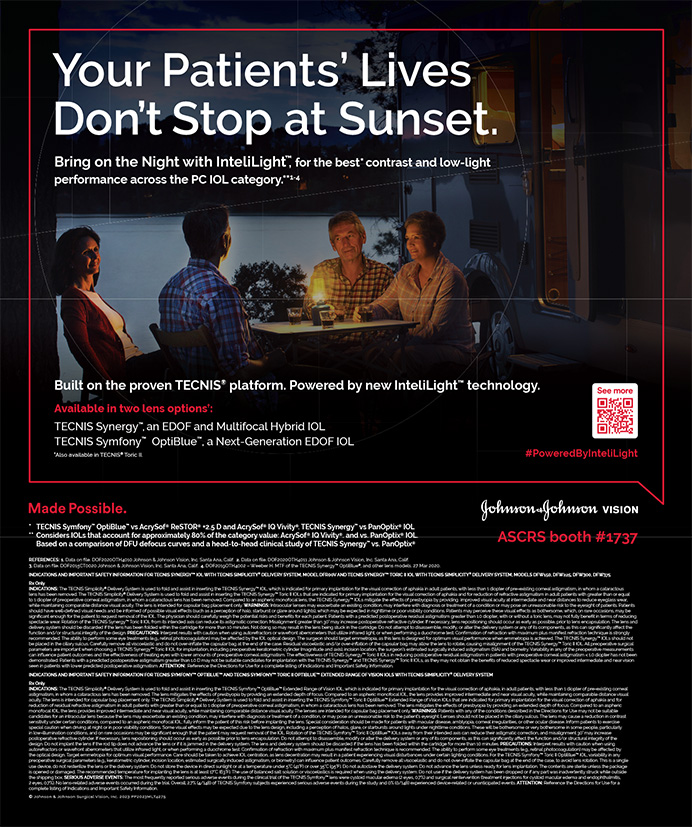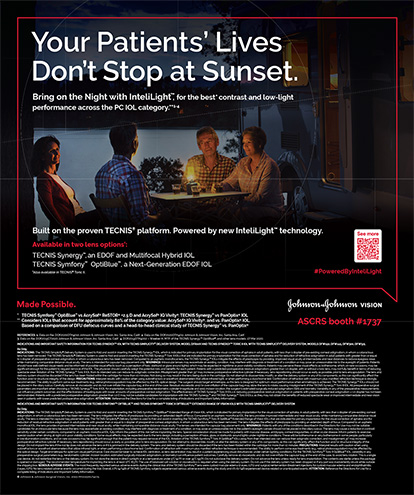Jacob Bronowski, the mathematician, wrote an immensely powerful chapter in his book The Ascent of Man titled "Knowledge or Certainty."1 In it, Bronowski addressed the folly and danger of the assumption by any society or person of absolute scientific knowledge. He wrote that this was one of the greatest possible misuses of science and that it enables the establishment of dogma. Science is anything but dogma or certainty.
I have thought a lot of Bronowski's writings lately. Too many times, I have listened to a cautious, measured presentation of a multicenter, prospective, randomized controlled trial and then heard anecdotal rejections such as, "Well, I do this or that and had a patient or two come back just a few days ago, and they were doing great without what you are doing." Another has been, "You're just wrong. You're not doing it right." I am concerned when the sharer of the anecdote does not even, in turn, consider the other viewpoint. Why is it that those with the weakest evidence are often the most certain of their position, whereas those with the best science freely invite further study and even criticism? We are approaching dogma when we ignore science and believe in certainty.
Stephen Hawking has described a scientific theory as needing two elements: "It must accurately describe a large class of observations on the basis of a model that contains only a few arbitrary elements, and it must make definite predictions about the results of future observations."2
A valid theory must also withstand or explain any contrary data that are presented. The best theories and scientists practically beg for scrutiny; they are never certain, never dogmatic. I believe we have been flirting with "certainty" and dogma recently with the establishment of magic numbers or indices for patients at risk for ectasia after refractive surgery. There is precious little, if any, science behind these arbitrary numbers, but they are becoming certainty and even dogma in a legal sense. For example, many purport that any cornea under 500 ?m thick is at increased risk for ectasia, although all of the large series show exactly the opposite. Any such guideline should come from statistically valid, longitudinal, controlled studies with sufficiently long-term follow-up. The vast majority of the cases of ectasia were keratoconus that was not or could not be diagnosed preoperatively. These patients simply had the keratoconic gene. Ectasia and unfounded guidelines were last year's demon. We need to be looking out for this year's.
Ophthalmologists are deeply vested in science. We gather knowledge and depend upon open questioning, conflicting ideas, and the search for truth. We must avoid certainty and dogma based on anecdotes, unsupported opinions, or worse. There is no such thing as absolute certainty. We must never misuse the wonderful gift of science.


